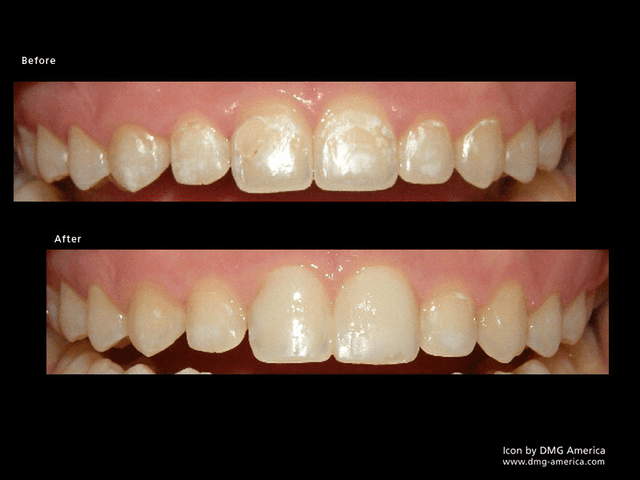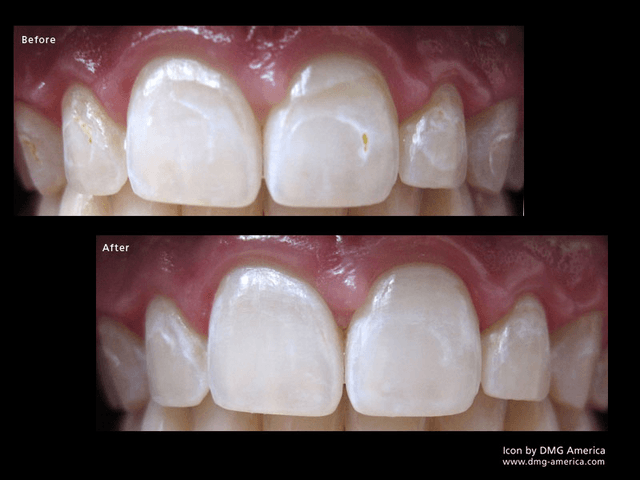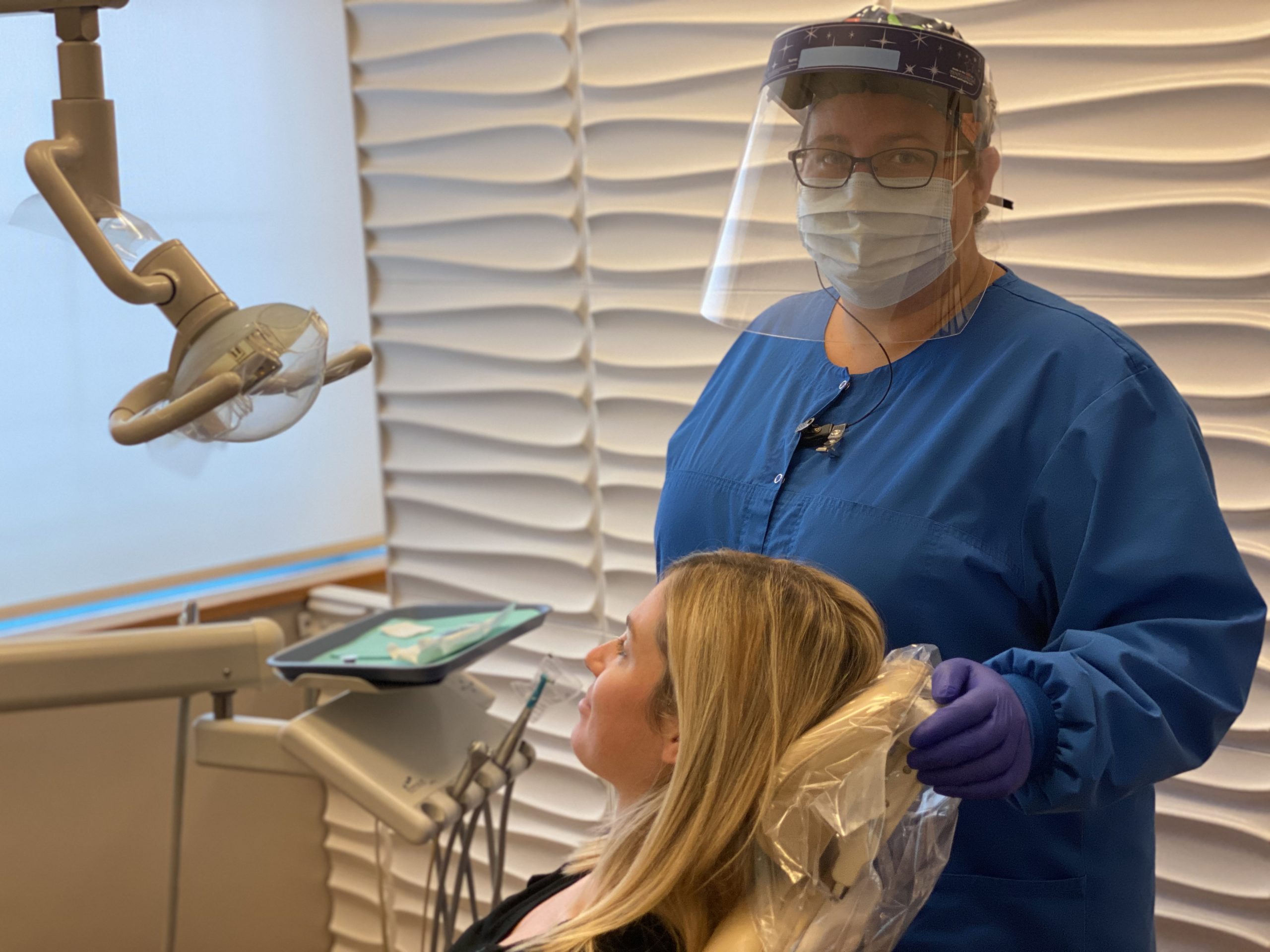
For several months, dental offices were closed, including Naperville Dental Specialists. Going to the dentist during COVID-19, at least in the early months, wasn’t an option unless you had an emergency like severe pain, swelling or an infection. Now that things are slowly reopening and our practice is offering in-person care for all patients and not just emergencies, we know a lot of people are wondering if they should come in for a cleaning or treatment. To help, we’ll be covering what you need to know about the coronavirus and dental care.
Why Did Dental Offices Close During the Coronavirus?
During March, April and part of May, the majority of dental offices closed based on recommendations from the Centers for Disease Control (CDC). This is because COVID-19 is spread via respiratory droplets. Wearing proper personal protective equipment (PPE) can prevent dentists and their team members from contracting COVID-19. When they wear a mask, it also stops them from expelling respiratory droplets that could then spread the virus to a patient. However, at the start of the pandemic, there was a shortage of PPE and whatever PPE was available went to hospitals and those dealing directly with COVID patients. Our Naperville cosmetic dentists, general dentists and specialists didn’t have the appropriate gear to protect themselves and their patients.
Additionally, because experts feared the hospitals would be overwhelmed, it was important for everyone to stay home, dentists included, in order to help flatten the curve. If enough people adhered to the rules, it would slow the spread and the hospitals could take the time to prepare themselves to safely and effectively battle COVID-19. Pretty much all resources were directed towards fighting the disease and any procedures that weren’t emergencies had to be put on hold.
Is it Safe to go to the Dentist During COVID-19?
Yes, going to the dentist during COVID-19 is very safe if the practice is taking all of the necessary precautions like we are at Naperville Dental Specialists. In fact, it’s recommended that you treat pressing issues like infection, severe decay and gum disease at this time because there are health risks to not getting proper care. Additionally, if you’re worried about having lengthier, more invasive procedures done during the coronavirus, preventative care like cleanings will ward off the need for them.
What Precautions are Dentists Taking to Prevent COVID-19?
When it comes to the coronavirus and dental care, it’s important to note that all dental offices are required to follow OSHA guidelines for cleaning and sanitizing to keep patients and staff safe even when there isn’t a pandemic. At Naperville Dental Specialists, we invest in the latest technology, including technology for sanitization and we exceed OSHA guidelines.
There are additional guidelines necessary to safely provide dental care during the coronavirus pandemic, which we’re also meeting or exceeding at our practice. At Naperville Dental Specialists, we’re:
- Asking every patient to wear a face mask or covering when they enter the office and having them disinfect their hands before entering the clinical area of our practice.
- Pre-screening every patient with a quick health questionnaire and a no-touch temperature check when they arrive at the office.
- Having only the patient attend the appointment.
- Assigning one team member to be our “safety champion.” They’ll greet patients, answer questions, ensure social distancing and be in charge of the overall monitoring.
- Temporarily eliminating our magazines, reading materials, coffee and tea stations, our iBar, kidzCave arcade room and kidzFlix cinema. Our brushing stations are also paused, so please brush your teeth before coming to the office.
- Spacing treatment chairs at least six feet apart so there’s adequate space between patients.
- Continuing to use our state-of-the-art HEPA filters.
- Performing enhanced cleaning, sanitizing and disinfecting protocols after every appointment.
- Continuing our hospital-grade sterilization of instruments, which is approved by the CDC.
- Asking each patient to rinse with antiseptic mouth rinse prior to treatment.
- Reducing aerosols by using high-speed suction and DryShield™, an all-in-one, hands-free suction, oral pathway protector, cheek retractor, mouthpiece and bite block.
- Requesting patients reschedule their appointment if they or anyone in their household have been sick in the 14 days prior to their appointment.
- Performing health checks and no-touch temperature checks on all of our team members.
- Having every team member complete additional awareness and prevention programs on safe dental care and the coronavirus.
- Having team members wear the appropriate PPE to keep themselves and patients safe.
By following our usual procedures for sterilization and disinfection along with a whole new set of protocols, we’re able to ensure it’s safe to go to the dentist during the coronavirus. If you go to another dental practice and they’re not taking precautions, such as limiting patients in waiting areas, wearing PPE or taking temperatures, we would encourage you to see a new dentist. If you’re looking for a dental specialist or general dentist in Naperville, schedule a visit at Naperville Dental Specialists where your health and safety are our top priorities. Book your visit by calling us at (630) 848-2010. If you’re not ready to go to the dentist in person, we’re also offering virtual consultations.




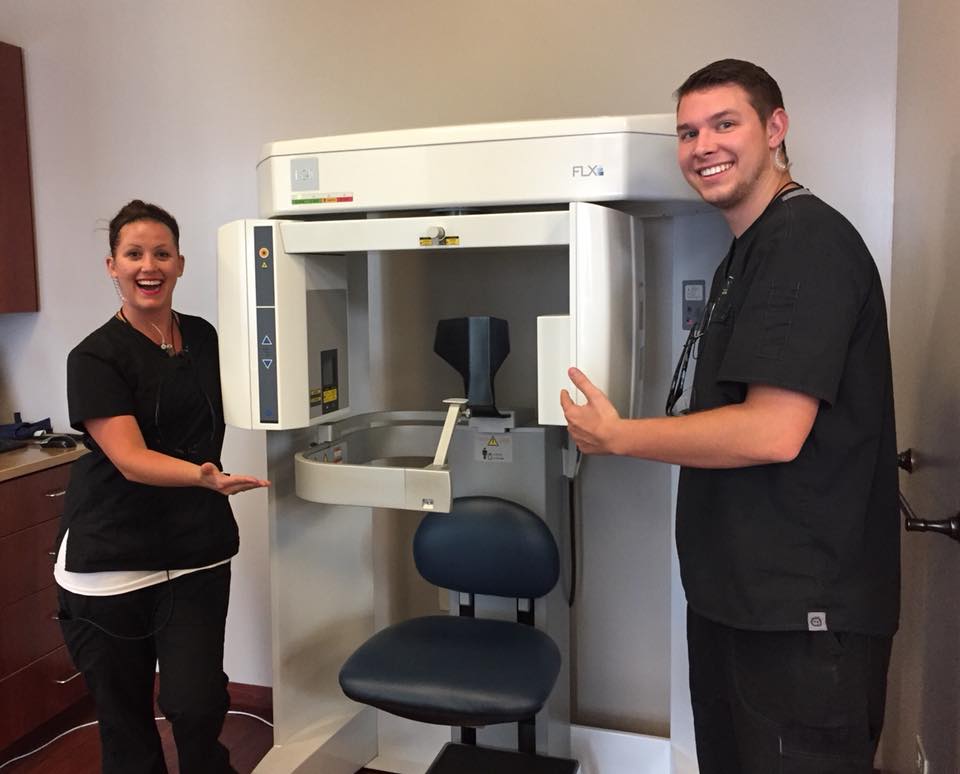
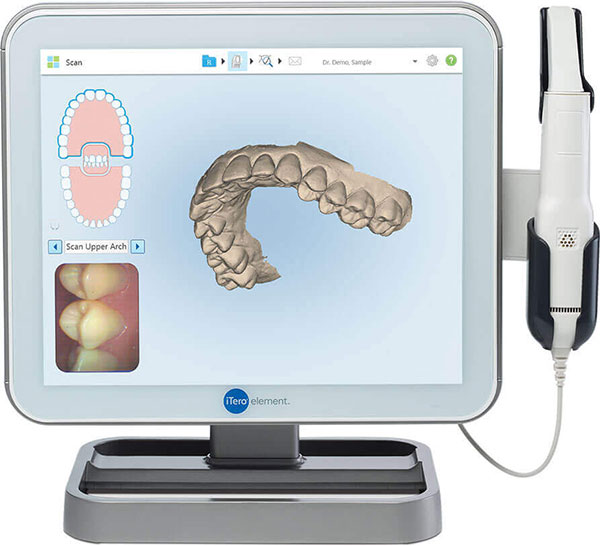
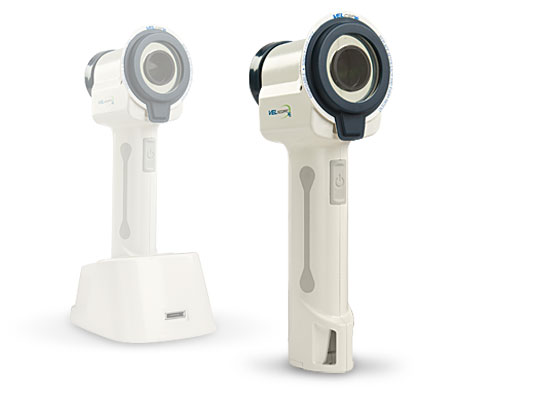 5. ICON Infiltration Technique
5. ICON Infiltration Technique

